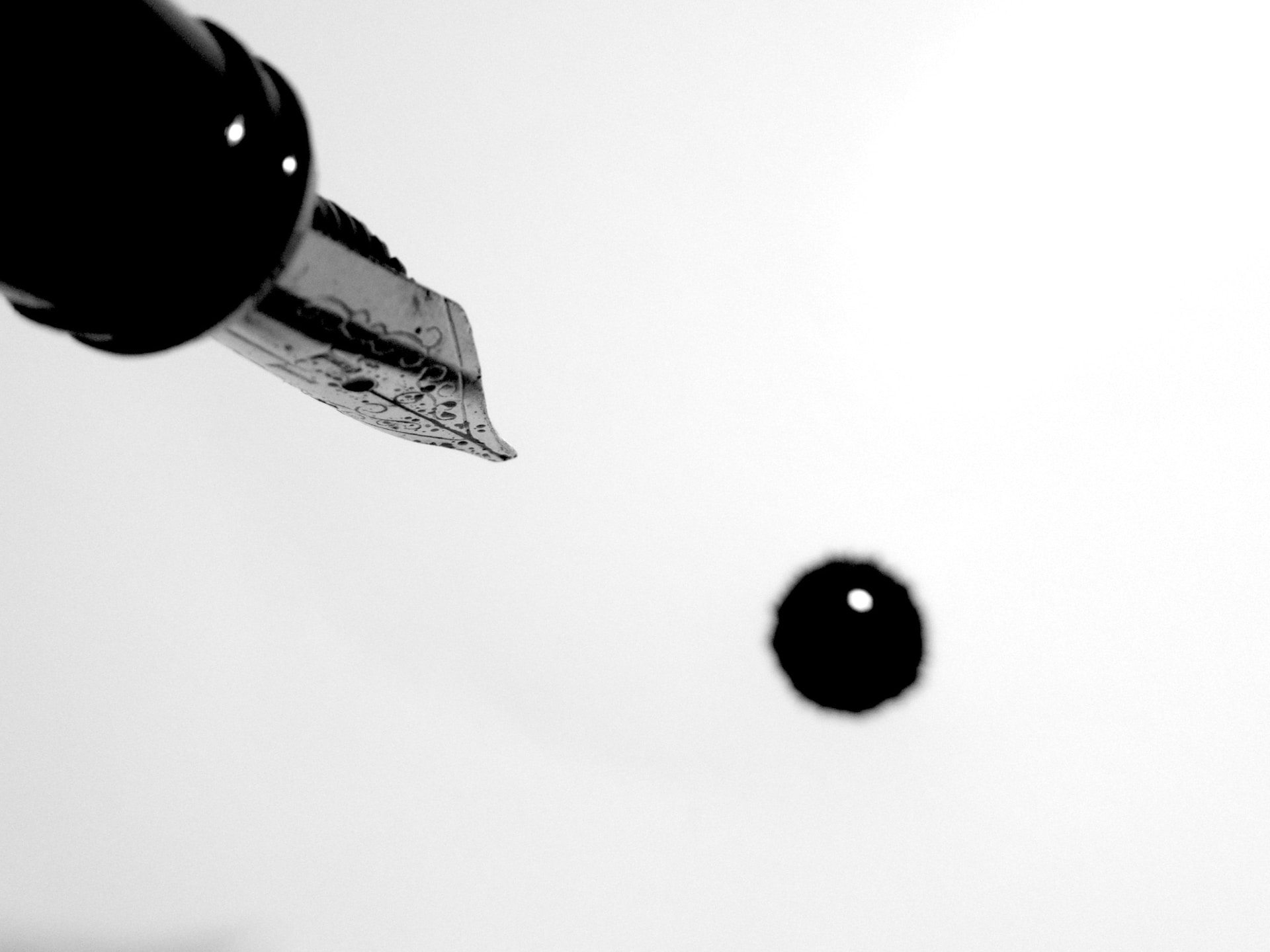by Clara Burghelea

Aaron Brown is the author of Acacia Road, winner of the 2016 Gerald Cable Book Award (Silverfish Review Press), a poetry chapbook, Winnower, published in 2013 with Wipf and Stock and a memoir Less Than What You Once Were (Unsolicited Press, 2022).
His latest poetry work is Call Me Exile, a diagnosis of the loss, grief and faith that inhabit the richest, most vulnerable layers of the human fabric. This collection published in 2022 with Stephen F. Austin University Press, includes forty-nine poems whose form complements content, abundantly seducing the reader’s senses.
The collection has a circular structure, opening with “After You Left,” a poem made up of four couplets that introduces some of the themes that haunt the speaker – absence and loss: “
What it must be like to smell the past /
And future, to smell grief and lie down with it.
The closing poem, “Always We Begin Again,” also made up of couplets, reeks of pain camouflaged as hope, the kind of raw want that feels agonizing to utter:
Love – the way years from now you will look down the path
The machine took and never know that once this was the way
The humans went, blistering their way, metal teeth dripping sap.
The three sections in which the poems are divided, each focus on a part of the healing process the collection is willing to unfold under the reader’s eyes: absence and loss, longing for a lost land, and the mourning path to faith. Even so, there is a blurred line among the sections that allows the poems to be in conversation with one another and give space to recurring obssessions and a constant preoccupation with form. This attention to how poems come to inhabit the page suggests the speaker’s need to make sense, deconstruct, and arrange emotions.
The poem opening the second section, “In a parallel universe” mirrors the third one in the same group, “Return to the Security Checkpoint for Your Lost Item.” Both make use of forward slashes, inviting the reader to consider the fragmented experience explored in their content. The former addresses loss as an imagined artefact and an equally visceral experience:
You never know the art
of losing/the loss of loving/
never know when to stop
digging a never-ending well/a well
that never seeps moisture
but is brittle all the way down
The latter makes an inventory of forgotten things that cling to the speaker as a constant reminder of the lost land, the one that begs:
saying return and claim us/do not forget us /
please return/return/return.
Can grief be revisited and at what costs? Within this section, it cradles past body, heart, and mind, in the depths of the language and geography – these haunting resorts that feed and stretch the speaker’s memories. From dreams infused in Arabic color, to mango juice and noodles flavors, to beating drums and pulsing market stalls, the speaker traces an imaginary map of exile that feels both familiar and mysterious, eager to “cross back into the war realm that birthed you/ or cross over to a country you can’t yet name.”
The third section of the collection is a constant negotiation of grieving and faith. Mourning is ever haunting the speaker’s thoughts, emotions, encounters, especially in poems such as “Sunday Afternoons are for Mourning,” where he is reminded of child loss:
You were our sunray,
one shard of starheld in the hand
for only an hour.
The poems range in tone from sad to serene, as the speaker does not shy away from heavy subjects as the loss of a child, divorce, or faith. Language reveals itself as an antidote to their heaviness: “our DNA is to name,’ claims the speaker. It gives the reader room to ponder about the healing power of language, poetry specifically, which performs a sort of salvation that embodies not “a word, the word.”
In “Hymn,” Christ is a soothing figure, that “waking dream/ birth into life oozing across forehead/like baptismal water, the voice that arrests you/ that says to you a word, the word.”
Later, the Christ figure turns into the “God of the Midwest,” a poem that praise the bounty of the land, captured in the dainty seducing details that nature has to offer. It is one of the poems where the reader gets the idea that the whirlwinds of sorrow are slowly turning into lighter, sweet burden:
God like the dust veil raised
from a harvester
chewing the stalks
until the field is lit with headlight beans.
There is an urgency in the collection that does not reflect the tension some of the poems beautifully capture, but rather the poetic focus, as well as the speaker’s constant desire to peel off aching layers, reaching for the raw, yet luminous core of things. Aaron Brown’s poetry is imbued with exquisite imagery, smooth language, and a vulnerable search of that inner place of exile that gives the collection its demanding title.
Clara Burghelea is a Romanian-born poet with an MFA in Poetry from Adelphi University. Recipient of the Robert Muroff Poetry Award, her poems and translations appeared in Ambit, Waxwing, The Cortland Review and elsewhere. Her second poetry collection Praise the Unburied was published in 2021 with Chaffinch Press. She is the Review Editor of Ezra, An Online Journal of Translation.



Add your first comment to this post